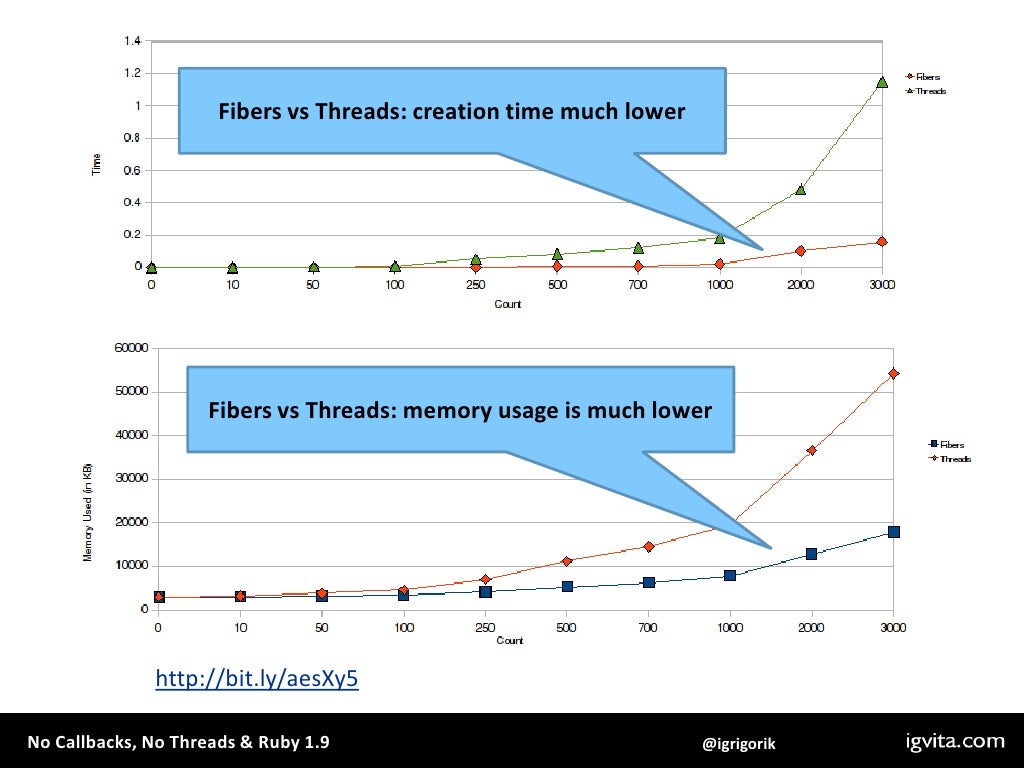
- #Timers.timer vs threading.timer vs filewatcher code#
- #Timers.timer vs threading.timer vs filewatcher windows#
The method specified for callback should be reentrant, because it is called on ThreadPool threads. This constructor specifies an infinite due time before the first callback and an infinite interval between callbacks, in order to prevent the first callback from occurring before the Timer object is assigned to the state object. After creating the timer, use the Change method to set the interval and due time. Private Sub TimerProc(ByVal state As Object)Ĭonsole.WriteLine("The timer callback executes.")Ĭall this constructor when you want to use the Timer object itself as the state object. Public Sub StartTimer(ByVal dueTime As Integer) ' Create an instance of the Example class, and start twoĬonsole.WriteLine("Press Enter to end the program.") Timer t = new Timer(new TimerCallback(TimerProc)) Ĭonsole.WriteLine("The timer callback executes.") Create an instance of the Example class, and start twoĬonsole.WriteLine("Press Enter to end the program.") When the timer callback occurs, the state object is used to turn the timer off. The Change method is used to start the timer.
#Timers.timer vs threading.timer vs filewatcher code#
The following code example creates a new timer, using the timer itself as the state object. M_oWndTimer3.A TimerCallback delegate representing a method to be executed. In the source file, you create and possibly start the timer in function OnInitDialog(): timers, you need to declare the timers and the associated functions in the header file: LRESULT CMyDlg::OnWndTimer(WPARAM wParam, LPARAM lParam) In lParam, you have the tick count when the message UWM_TIMER was generated in the thread: You identify the timers based on the index in wParam. In the OnInitDialog() function, you create the timers and possibly start them:įinally, in the handler, you implement the specific actions. ON_REGISTERED_MESSAGE(CWndTimer::UWM_TIMER, OnWndTimer) Then, in the source file, you have to map the message handler to the user registered message:

timers, you need to declare the timers and the message handler in the header file:Īfx_msg LRESULT OnWndTimer(WPARAM wParam, LPARAM lParam) Let’s assume we have a Dialog MFC application.įor type 1.
#Timers.timer vs threading.timer vs filewatcher windows#
But notice that also in the thread function the existence of the associated windows is checked (using ::IsWindow()) and if they don’t exist anymore, their associated timers are also erased from the map. This is very useful to be called when the window is destroyed. The user interface contains handy functions for useful actions:ĭelete from container (map) all the timers associated to a given window: If there are no active timers (all are stopped), the thread is put to wait for an Windows event reactivation. After that, the time of the next global tick event is estimated and the thread is put to sleep until that next global tick event. or associated function executed for type 2.). For the expired timers, the specific actions are generated (message posted for type 1. This function has an infinite execution loop where all the created timers are checked whether their next tick time has expired. The timers are accessed by the unique separate management thread from the thread function: When the timer objects are destroyed, their addresses are also erased from the appropriate container. The addresses of all created timers of type 2 are kept for easy access in an STL deque: The return value is true for success of false for failure. Where pTimerProc is the pointer to the associated function, pArg is the pointer to the argument of the associated function (a void pointer), and uiPeriod is the timer’s period. This type is created using a different form (overload) of the Create() function:īool Create(PTIMERPROC pTimerProc, LPVOID pArg,

The addresses of all created timers of type 1 are kept for easy access in an STL multimap: The return value is the real created timer’s index, or -1 in case of error. Where rhWnd is the reference to the handle of the associated window, uiID is the suggested timer’s index, and uiPeriod is the timer’s period. Int Create(HWND const& rhWnd, UINT uiID, UINT uiPeriod) This type is created using a form (overload) of the Create() function:


 0 kommentar(er)
0 kommentar(er)
